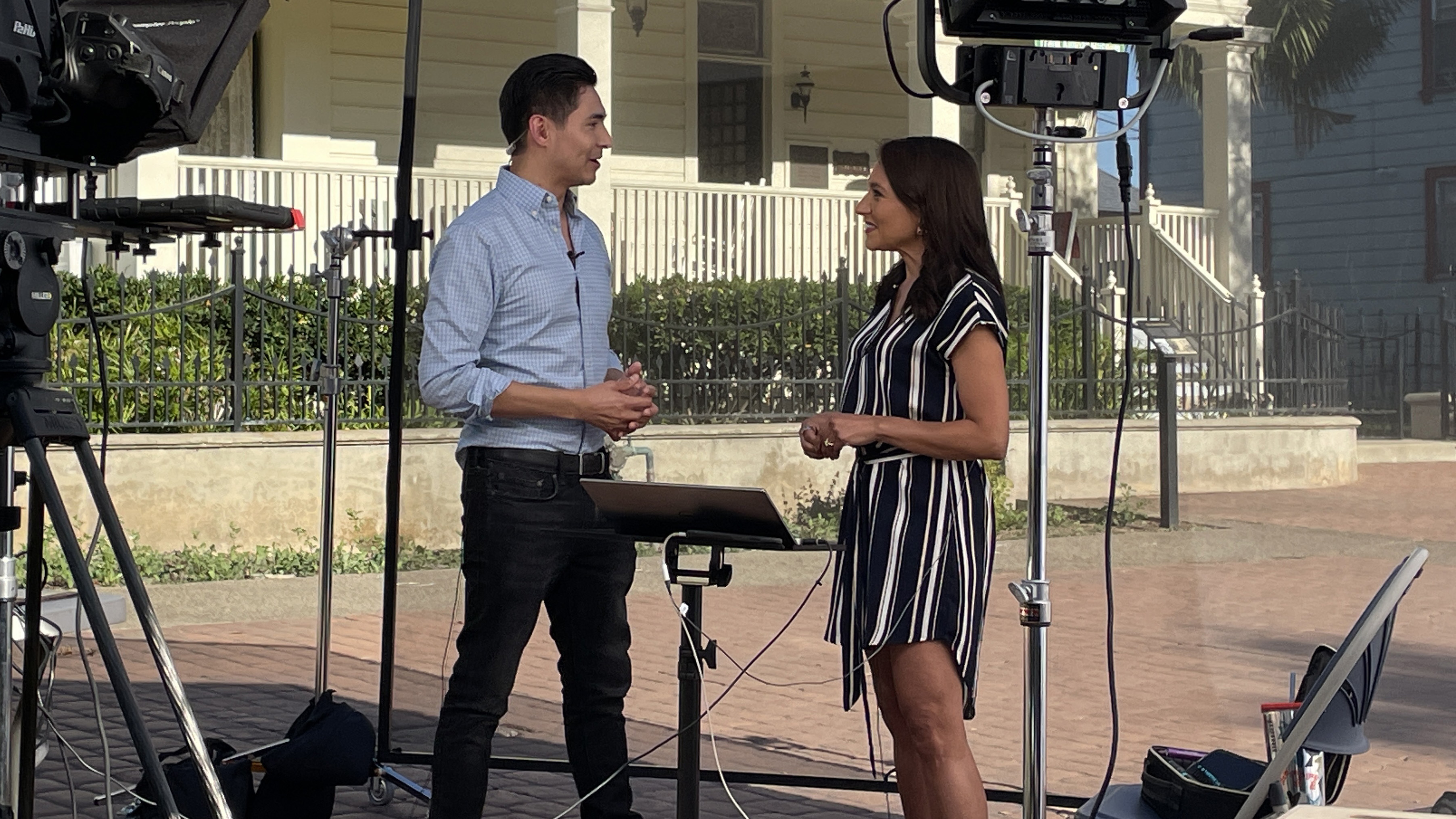On April 1, “fast” will come at a higher price.
A new law in California will raise the minimum wage for fast food workers to $20 per hour and employers say having to pay their workers more will trickle down to the customer.
Food chains like Mcdonald's, Chipotle Mexican Grill and Jack in the Box plan to raise menu prices to compensate for the required wage increase. Other food business owners said they’ll have to do the same to keep up.
When it takes effect, fast food workers in California will have the highest guaranteed base salary in the industry. The state’s minimum wage for all other workers — $15.50 per hour — is already among the highest in the United States.
Get San Diego local news, weather forecasts, sports and lifestyle stories to your inbox. Sign up for NBC San Diego newsletters.
In order for a fast-food spot to be required to give this raise, the business needs to have at least 60 locations nationwide, with an exception for restaurants that make and sell their own bread, like Panera Bread. Any employee who has not been paid the minimum wage can start a legal claim with the labor commissioner.
But small business owners say they will be affected too.
“Even the tater tots, everything, the price is going to increase on that,” said Brady Farmer, Chef Bradley Cook's Catering Owner.
Local
As a small business owner, he’s not required to increase his minimum wage but said he wants to do right by his people and he doesn’t want them to leave. He also said covering that extra ground will add up.
“Imagine the guy who has to go out and do that ten-hour job of all your shopping, organizing, driving around,” he said. “You get into an extra $20, $40 or $50, $100, or $200 dollars a day.”
Raising pay will also come with job cuts.
“Our cost of living is rising too fast and we just can't catch up,” said Kim Phan, Crab Hut Co-Owner.
Phan has co-owned Crab Hut on Convoy Street since 2007.
“I remember when we first opened a pound of crawfish on our menu was $8.99 and this year it’s around $23 to $24 a pound, depending on the season,” she said.
Phan said the minimum wage increase is really a just race against inflation and everyone is losing. She also said before you think this pushback is about all bosses being greedy, “I think everybody deserve to have a healthy living wage,” Phan finished. “But at the same time, we have to kind of review and look at the big picture because we've been increasing minimum wage for the past few years and it hasn’t been helping anyone.”
Rather than increasing pay, Farmer posed another idea.
“Start using some of the government money for good,” he said. “Start using it for the people and giving it back to the people so they can do good.”
Right now, California’s fast food workers earn an average of $16.60 per hour, or just over $34,000 per year, according to the U.S. Bureau of Labor Statistics. That’s below the California Poverty Measure for a family of four, a statistic calculated by the Public Policy Institute of California and the Stanford Center on Poverty and Equality that accounts for housing costs and publicly-funded benefits.
The new $20 minimum wage is just a starting point. The law creates a Fast Food Council that has the power to increase that wage each year through 2029 by 3.5% or the change in averages for the U.S. Consumer Price Index for urban wage earners and clerical workers, whichever is lower.
San Diego economics professor weighs in on California's fast-food worker wage increase
Dr. Alan Gin, an economics professor at the University of San Diego, says there is some disagreement among economists about how much the change will impact the market's strength, but he says every consumer will be impacted.
"That's higher than the state's minimum wage, which, at this point, is over $16 per hour, so it gives a boost to workers in the fast food industry," Gin told NBC 7.
But, as Gin explains, the boost may come with a price tag.
"I've seen estimates where this might increase the cost of fast food of about 5%, so a combo that used to cost $10 would rise by about 50 cents," Gin said.
Gin says wages need to keep up with inflation. He says raising the minimum wage will allow workers to get more money in their pocket and deal with other expenses like housing.
"That will give people in that industry more money, and it will help them deal with the cost of living here in San Diego and in the state of California," Gin said.
Despite that, economists say they are split on whether this would lead to fewer job openings in the fast food industry.
"The initial thought was that raising the minimum wage would lead to a reduction in employment, but there are now studies on both sides of the issue," Gin said. "Some say that it will have an impact, and others that say it won't."
Gin says this increase will not lead to a cycle where the cost of everything increases. Instead, he believes bumping the minimum wage will have ripple effects on wages in the rest of the labor market.
"I think it could impact all industries, not only other restaurants, but businesses outside restaurant industry because the labor market is competitive. It’s still a tight labor market, and companies are having difficulties finding employees, so if fast food is paying $20 an hour, other restaurants are going to have to at least match that, and people outside the restaurant industry will have to up their wages," Gin explained.



